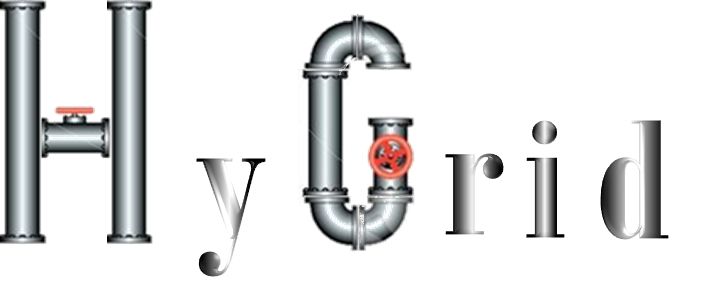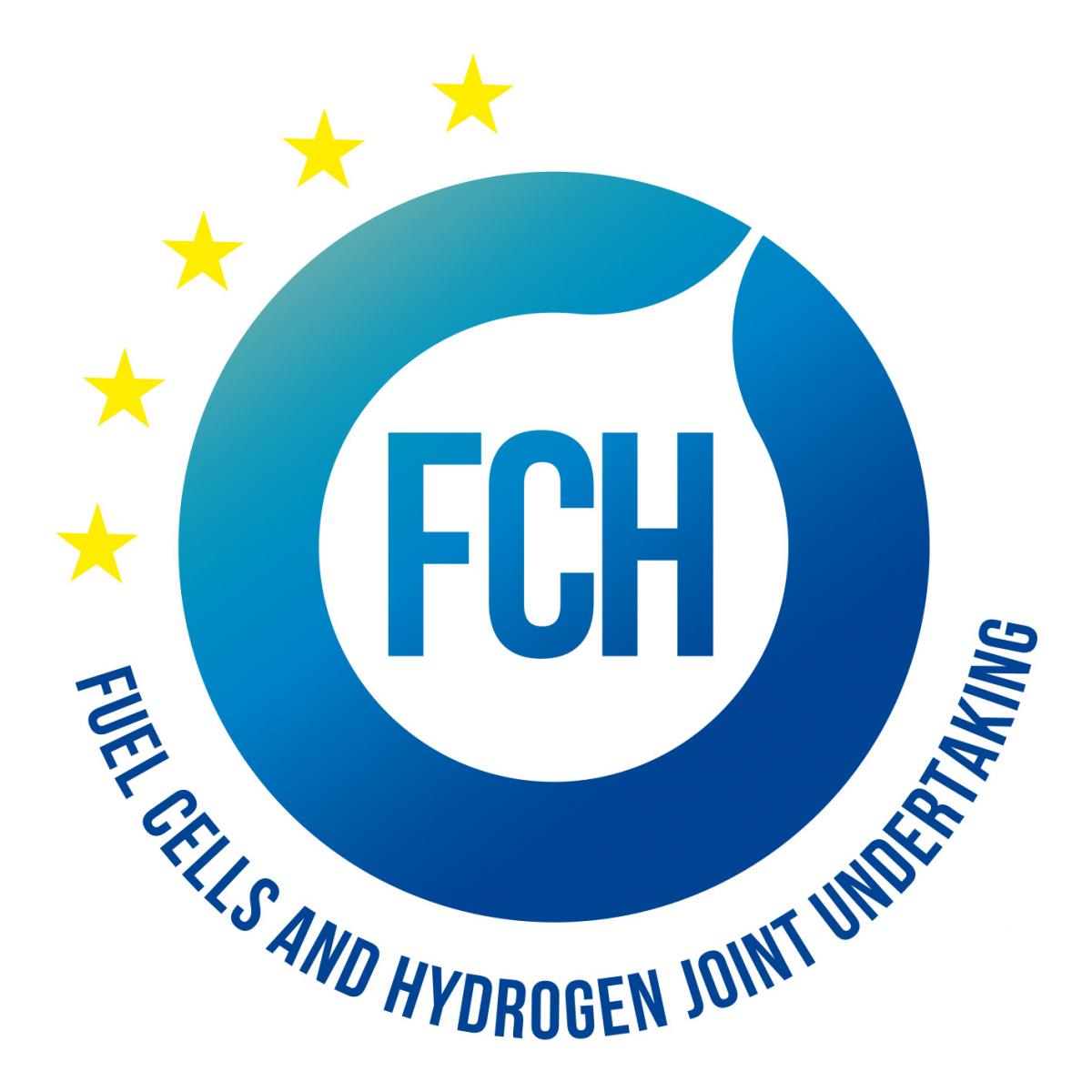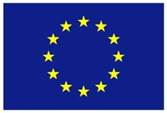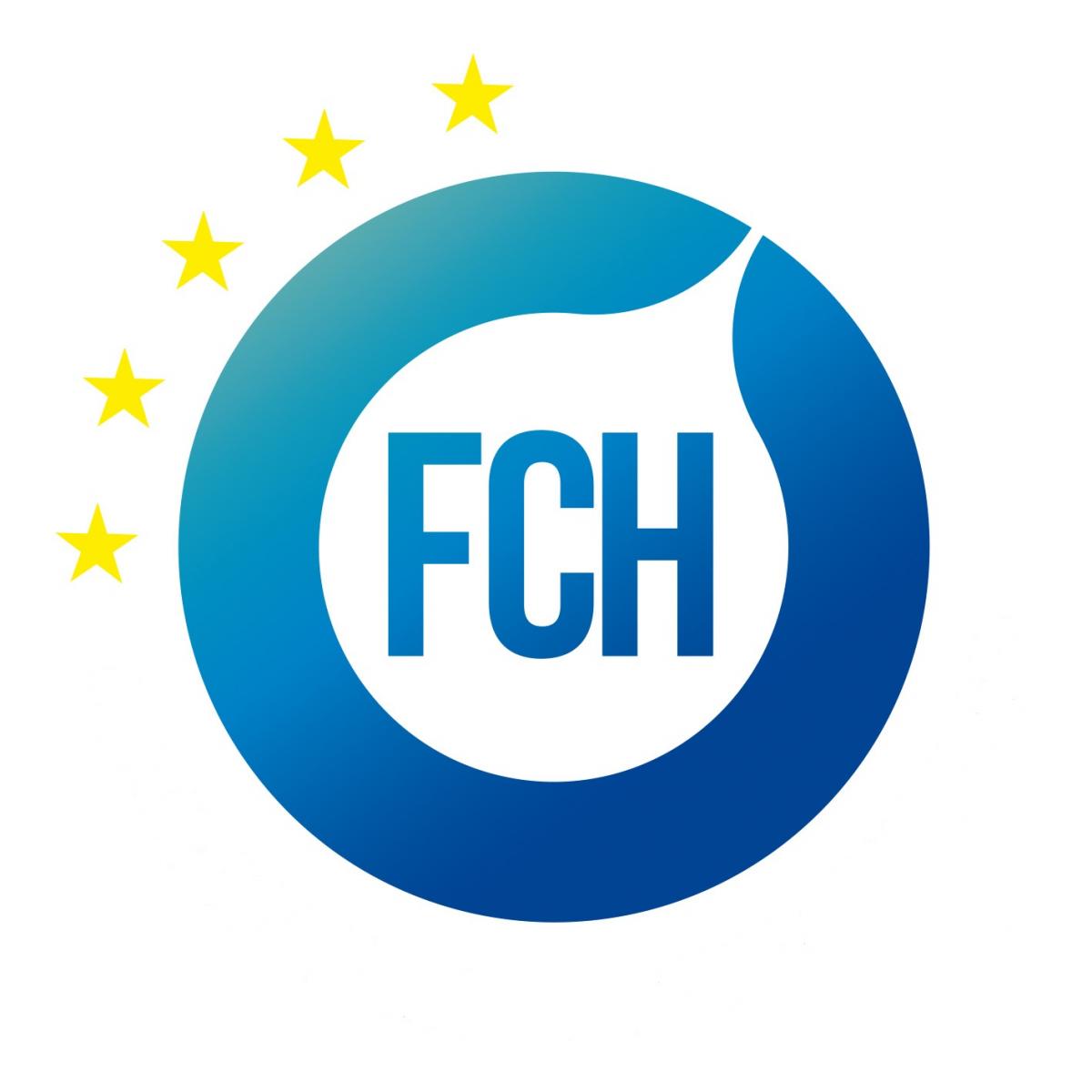Home
HyGrid Final Workshop
After the successful HyGrid workshop of 2018, HyGrid proudly presents its second workshop to be held on June 24, 2021. Mark this date in your agenda.
June 24, 2021; 11.15h – 14.45h CEST
Presentations
HyGear hosted the final HyGrid Workshop on "Flexible hybrid separation for Hydrogen recovery from NG grids". Important results on EHP and membrane development were presented. Also, the full HyGrid prototype was discussed in detail, a prelude to a commercial system was shown and the results of the life cycle assessment were presented. The workshop was the final transfer of knowledge event of the HyGrid project, contributing to the increase of knowledge, and competitiveness of the hydrogen economy in the EU community. Presentation are available in the Hygrid website (https://www.hygrid-h2.eu/content/publications) as technical report D10.17 Final conference/workshop.
AGENDA
- 11h15: Opening by TU Eindhoven. Prof. Dr. Eng. F. Gallucci
- 11h30: Development of membranes for hydrogen separation. PhD, MSc, QF A. Pacheco (Tecnalia)
- 12h00: Development of separation systems for hydrogen separation. Prof. Dr. Eng. F. Gallucci (TU Eindhoven)
- 12h30: Electrochemical Hydrogen Separation and Compression from Natural Gas - Scaling up the technology. Mr. L. Raymakers (HyET)
- 13h00: HyGrid prototype experiences. Dr. M. Rep (HyGear)
- 13h30: 5 minutes coffee break
- 13h35: Environmental Life Cycle Assessment and Life Cycle Costing of the HyGrid system. Ms. F. Brunner (Quantis)
- 14h05: GRHYD: a successful demonstration for the new gas H2NG. Ms. I. Alliat (Engie)
- 14h35: Closing remarks. Prof. Dr. Eng. F. Gallucci









